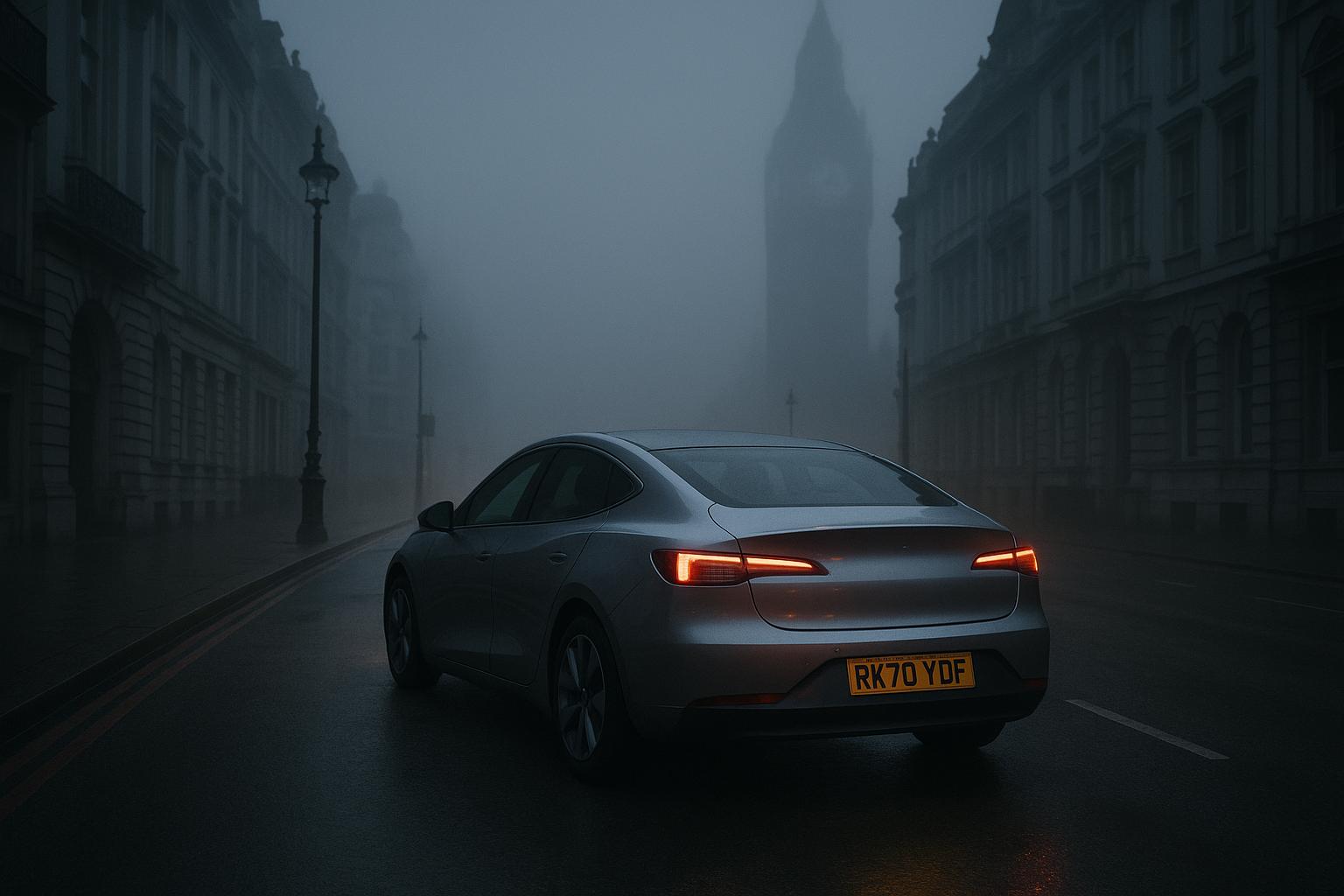From January 2, 2026, London's Congestion Charge will undergo significant changes, with the standard daily fee increasing from £15 to £18. Notably, electric vehicles (EVs) will no longer benefit from a full exemption as part of the charge, marking a major shift in the scheme's approach to zero-emission vehicles. Under the new rules, electric cars will pay £13.50 per day, a 25% discounted rate, while electric vans and heavier goods vehicles (HGVs) will face a 50% discount, paying £9 daily, provided they are registered for Transport for London's Auto Pay system.
These adjustments are projected to raise approximately £110 million annually in additional revenue for Transport for London (TfL). According to Mayor Sadiq Khan, without this tightening of the concession, around 2,200 additional vehicles would enter the central London Congestion Charge zone on an average weekday, undermining the scheme's effectiveness in controlling traffic congestion.
While the move is framed as a necessary measure to maintain the charge's impact and ensure central London’s roads remain manageable, it has sparked considerable opposition from major businesses and delivery firms. Companies including Royal Mail, Tesco, Uber, DPD, DHL, and John Lewis have issued warnings that the reduction in EV exemptions might deter further adoption of electric vehicles, increase operational and consumer costs, and even prompt some to revert to petrol or diesel vehicles. These firms argue that the policy risks undermining efforts to promote cleaner transportation in the capital.
Furthermore, it is important to clarify that while the Congestion Charge exemption for zero-emission vehicles will end in December 2025, this change does not affect the Ultra Low Emission Zone (ULEZ) regulations. Zero-emission vehicles will remain exempt from ULEZ charges, which are separate from the Congestion Charge and continue to aim at improving air quality in London.
Overall, the revised Congestion Charging Scheme reflects a balancing act between generating necessary funds for London's transport infrastructure and environmental ambitions on one hand and managing the impacts on businesses and residents on the other. The introduction of partial discounts for EVs seeks to soften the financial blow while addressing the growing pressure on central London’s traffic systems.
📌 Reference Map:
- [1] (Evening Standard) - Paragraph 1, Paragraph 3, Paragraph 5
- [2] (The Guardian) - Paragraph 1, Paragraph 2
- [3] (Evening Standard) - Paragraph 3, Paragraph 4
- [4] (London City Hall) - Paragraph 1, Paragraph 2
- [5] (Reuters) - Paragraph 4
- [6] (Auto Express) - Paragraph 1, Paragraph 2
- [7] (GB News) - Paragraph 1, Paragraph 2
Source: Noah Wire Services
